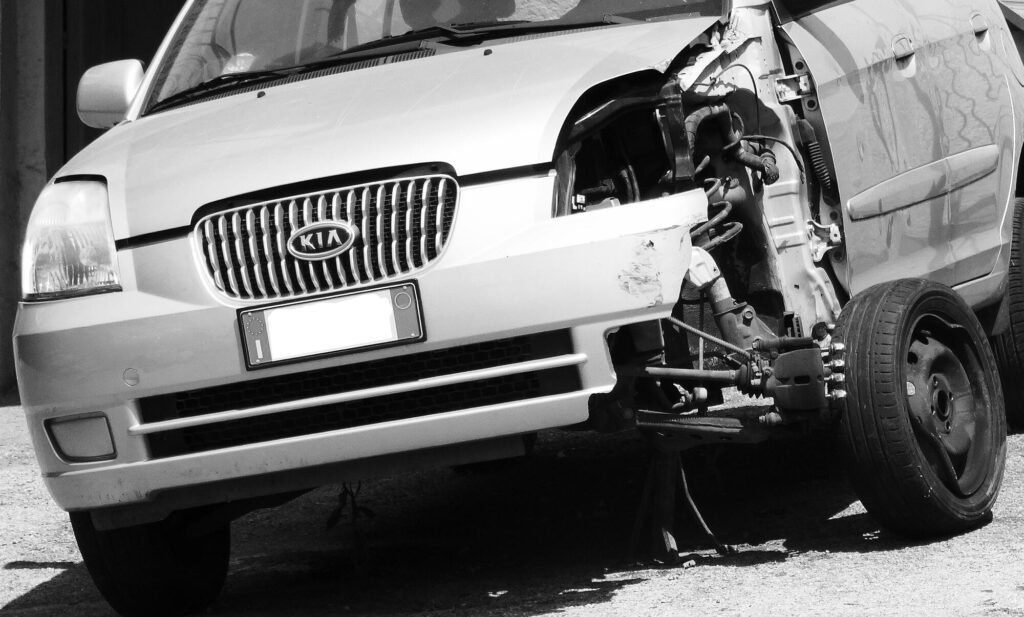What happens when a company car gets damaged too badly to fix?
For business fleets, this kind of problem can lead to delays, lost money, and a lot of stress. Many people think they know what a total loss means, though the details can be tricky.
It helps to know how it works so you can stay ready. Keep reading to learn what to do when this situation comes up.
What Total Loss Means
When a car gets badly damaged, fixing it may cost too much money. If repairs cost more than the car’s value, people call it a total loss. This can happen after a crash or other big damage.
For business fleets, this can be a big deal. It means one less car to use and more time spent on decisions.
Total loss does not always mean the car can’t run. It means fixing it may not make sense anymore. That’s why knowing the value matters a lot.
How Insurers Decide
Insurance companies check how bad the damage is before they make a choice. They look at how much it will cost to fix the car and compare that to the car’s value.
If the repair cost is too high, they may call it a total loss. Different states can have different rules about this.
Many business owners ask, “When is a car considered totaled in California?” The answer depends on the state’s total loss formula. Knowing local rules helps your business act faster and avoid big delays.
Common Causes of Loss
A car can reach total loss for many different reasons. Heavy crashes often lead to serious damage and high repair costs. Floods and fires hit cars hard and make fixing them very costly.
Even smaller crashes raise bills if they damage key parts. Rough roads can shake things loose and make damage grow faster.
Long hours on the road wear cars down faster than usual. All these things raise the chance that a car will no longer be worth fixing.
What Happens Next
After a car is called a total loss, things can move pretty fast. The insurance company may give a payout based on the car’s value. That money can help replace the car or fill other needs.
You may need to send in papers or sign a few forms. It’s good to check every detail before you agree to anything.
If the car had a loan, the lender may get paid first. Every step counts when your fleet depends on timing and clear choices.
Preventing Future Losses
Keeping your fleet in good shape takes time, but it makes a big difference. A few minutes checking the car each day can help you spot early signs.
Drivers who stay focused on the road can avoid many small problems. Picking better routes and driving steadily can also protect the vehicle.
When you keep full records, it gets easier to act fast when trouble shows up. These things may seem small at first, though they build up over time. A little care each day keeps your fleet moving without big surprises.
Know How to Deal With Car Total Loss Cases
When a fleet vehicle is called a total loss, it can be hard to deal with. Knowing how things work can help you stay calm and act fast. It’s good to be ready before problems show up.
This way, your business can keep moving even when things go wrong. A little care now can save time, money, and stress later on.
Check out our other posts for more helpful guides and tips!






